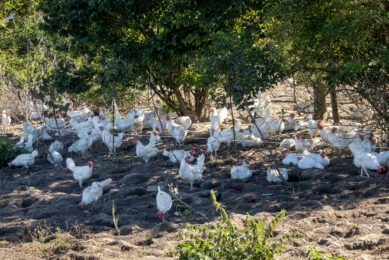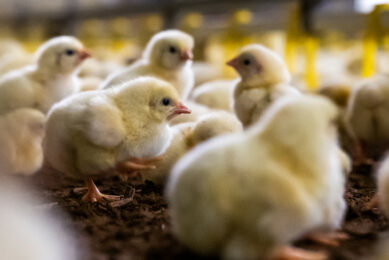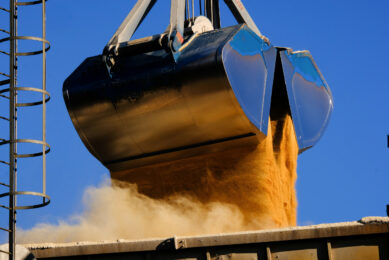NSP Inspire forum comes to an end

The 2014 Inspire: Non-starch Polysaccharide (NSP) Forum, drew to a close yesterday with the focus switching firmly to the impact of exogenous feed enzymes dietary NSPs.
The session opened with a detailed look at how NSP enzymes vary in key characteristics relevant to animal feed by Dr Kim Langfelder from AB Enzymes. The presentation highlighted the important differences between NSP enzymes – even those belonging to the same class – in terms of substrate specificity, conditions for optimal activity, extent of NSP hydrolysis and resistance to in-feed inhibitors, pepsin and feed processing.
A key theme to emerge during the day was the huge variation between potential substrates, species and even individual animals which can impact the efficacy in the animal. The latter was clearly demonstrated in broilers by Dr Mingan Choct from the University of New England, who stated: “Reducing variability is an extremely important benefit from effective NSP enzyme application, and an important insurance policy.”
Although the potential from NSP enzyme use was very obvious, according to AB Vista’s Dr Usama Aftab, he cautioned against maximising NSP hydrolysis through the use of multi-component enzyme products, stating that their benefits had not yet been convincingly proven. This was followed by a call from Dr Sanna Steenfeldt of Aarhus University for greater research into NSP enzyme use in layer hens, and particularly non-GMO derived enzymes for organic production – 20% of Danish egg production is now organic.
The Forum was rounded off by presentations from AB Vista’s Dr Rob ten Doeschate and Dr Mike Bedford highlighting the importance of NSP enzyme interactions with cereal quality and other enzyme classes. “A lot of NSP enzyme research is done in isolation, yet the vast majority of commercial diets also contain phytase,” Dr Bedford stated.











